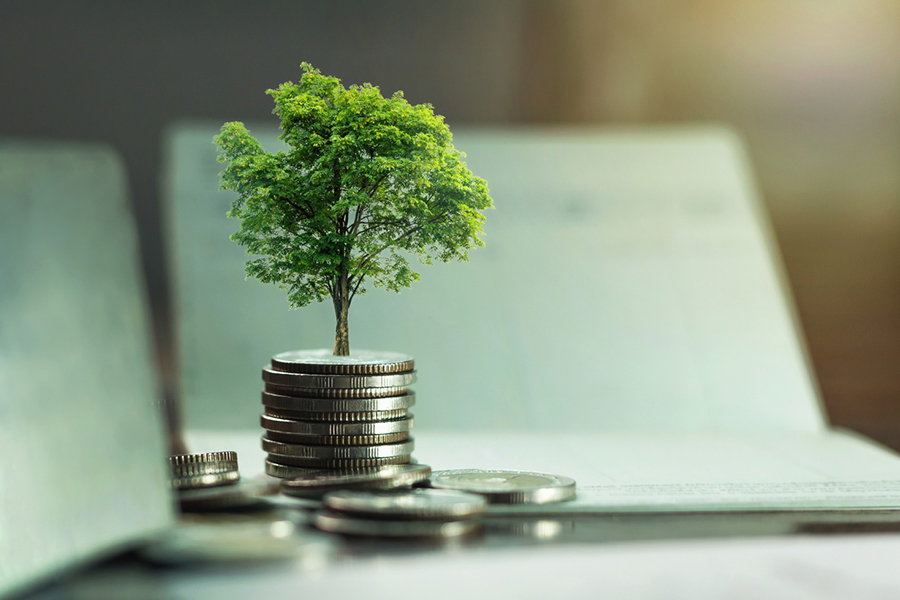
The research shows that if BRICS nations increase their green investment, they may break free of the resource curse that has plagued them.
Authors
Sanjeev Yadav, Office of Doctoral Studies, O.P. Jindal Global University, Sonipat, Haryana, India.
Ashutosh Samadhiya, Assistant Professor, Jindal Global Business School, O.P. Jindal Global University Sonipat, Haryana, India.
Anil Kumar, Guildhall School of Business and Law, London Metropolitan University, London, UK; Department of Management Studies, Graphic Era (Deemed to be University), Dehradun, Uttarakhand, India.
Sunil Luthra, ATAL Cell, All India Council for Technical Education (AICTE), Delhi, India.
Krishan Kumar Pandey, Professor, Jindal Global Business School, O.P. Jindal Global University, Sonipat, Haryana, India.
Summary
This article offers a comprehensive overview of the rapidly expanding literature on the resource curse phenomenon, in which nations wealthy in natural resources (such as the BRICS) have slower rates of sustainable monetary growth compared to those with less natural resources.
This study lays the groundwork for the future of green finance by creating a theoretical basis for the application of fintech to the financial sector. Furthermore, the current research study contributes a fresh paradigm to the natural resource curse literature by exploring the investment and real exchange rate channels, by which green investment and green financing help to alleviate the resource curse.
The study proposes a decision-making framework for executives in resource and non-resource sectors subject to the governments of BRICS nations. The research shows that if BRICS nations increase their green investment, they may break free of the resource curse that has plagued them. Findings also show that the development of highly competitive green goods and practices may impede real exchange appreciation, which is consistent with the Dutch disease theory (DDT).
The results show, in the end, that the divergent policies of BRICS countries, based on Resource curse theory (RCT) and DDT, would steer enterprise managers towards attaining resource benefit together with sustainable social welfare objectives. Present findings from the study will steer the banking sector strategies to optimise the loan allocation of cash schemes while enabling assessment and supervisory initiatives for coordinating the green transition and strengthening amongst sectors (resource and non-resource). In order to direct the green development of the financial sector and services into the actual economy, green finance policies must be updated and put into practice on a frequent basis.
Finally, the current study’s management implications include directing industry strategies towards sustainable economic development where the elements responsible for unsustainable economic growth are identified using RCT and DDT.
Published in: Resources Policy
To read the full article, please click here.

